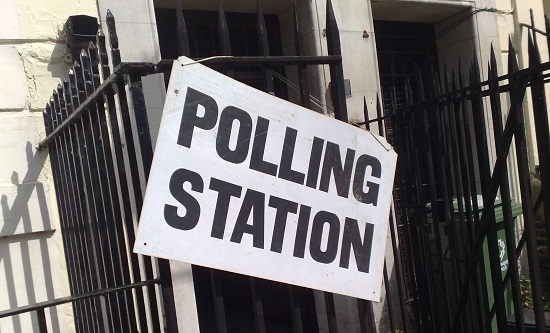
The council elections at the beginning of May were a test of the continued appeal of the Corbyn-led Labour Party. However, media predictions that it might make significant gains were not borne out: both Labour and Tory tied with 35% of the vote, and Labour’s gains were very limited outside London.
It should not have been like this. Labour faced an open goal. The May government had been more or less on the ropes for months. Four cabinet ministers had resigned over a six-month period. Brexit negotiations were – and still are – a complete shambles. The brutal character of the ‘hostile environment’ for migrants, introduced by Prime Minister May when she was home secretary, had been exposed by the state’s appalling treatment of the Windrush generation. The NHS remained in a state of crisis.
These were exactly the sort of conditions for a party in opposition to make real electoral progress. But Labour was sand-bagged by accusations of anti-Semitism which were widely broadcast following a demonstration led by Zionists outside parliament on 26 March. Once again it was pushed back on the defensive. Its performance would leave it nearly 50 seats short of a parliamentary majority in a general election. After eight years of a ConDem coalition and two Tory governments, Labour had failed to make real progress.
Tory voters are in favour of a hostile environment not just for migrants, but for the poor and working class as whole. In Kensington and Chelsea, for instance, the wealthy turned out to ensure that Tories retained complete control of a council in a two-fingered gesture to Grenfell victims: turnout increased by a third on the last set of elections to ensure that Labour’s expected gains were limited to two seats. Across London, Labour did improve its position, netting 60 seats, 40 of which were in three councils (Redbridge, Tower Hamlets and Wandsworth); the Tories lost 101 seats. But beyond London, Labour’s net gains amounted to a handful out of 4,400 council seats up for election. The Tories were helped by the collapse in the UKIP vote as the latter lost 123 seats. Crucially, the Tory vote continued to hold up in the better-off areas of the Midlands, gaining Redditch from Labour and ending Labour control of Nuneaton and Derby.
Corbyn’s leadership continues to appeal to better-off young university-educated professionals in London, the south and the major cities of the country who oppose Brexit because it will accelerate a process of their proletarianisation which is already underway. They see continued EU membership, or at least single market membership, as essential if they are to maintain their relatively privileged conditions.
In other parts of the country, however, there is limited enthusiasm for voting Labour given that the councils they control continue to implement savage cuts despite the party’s formal commitment to oppose austerity. It also remains seen as soft on welfare, immigration and Brexit by a key section of the electorate: elderly, non-university educated homeowners who remain the bedrock of the Tory vote. Labour’s indifferent showing in these areas will fuel demands by local Labour MPs that Corbyn adopt a more explicitly racist approach to immigration and make it central to Labour’s pitch in the next general election.
Robert Clough




